World paying heavy price for contradictory virus strategies: UN chief
United Nations Secretary General Antonio Guterres has criticized a disjointed approach to tackle the coronavirus pandemic, saying the world is “paying a heavy price” for following different strategies to fight the deadly virus.
Guterres made the comments at the start of a virtual meeting of the 73rd World Health Assembly on Monday.
"Different countries have followed different, sometimes contradictory strategies and we are all paying a heavy price," the UN chief said, adding, "Many countries have ignored the recommendations of the World Health Organization. As a result, the virus has spread across the world."
Guterres further described the coronavirus crisis as the “greatest challenge of our age," noting that the pandemic has demonstrated the fragility of the world.
Despite great scientific and technological advances in recent decades, a virus has "brought us to our knees," the UN chief said, urging countries to be more united in responding to the pandemic.
The new coronavirus, which causes a respiratory disease known as COVID-19, emerged in the city of Wuhan in December last year, incrementally affecting the rest of the world.
The virus has so far infected 4,847,000 people worldwide, and over 317,700 have died, according to a running count by worldometers.info.
Guterres further said the coronavirus pandemic should serve as a "wake-up call" to the world, urging countries to be more united in responding to the crisis.
"COVID-19 must be a wake-up call. It is time for an end to the hubris," he said, adding, "We have seen some solidarity, but very little unity in our response to COVID-19."
Russian army sets up mobile hospital to fight coronavirus at Siberian gold mine
Russia's defense ministry is setting up a mobile field hospital at the largest Siberian mine of the country's top gold producer, Polyus, to treat miners who contract the new coronavirus, the company said on Monday.
Russia produces dozens of metals for global markets and the decision to open the field hospital at the mine underlines its concern to maintain smooth production amid the pandemic.
The mobile field hospital will have the capacity to treat up to 1,100 people at the Olimpiada mine, which is located 550 km (342 miles) north of the city of Krasnoyarsk, Polyus said.
"The unit continues working, production processes are being carried out in a continuous mode," Polyus told Reuters.
Separately, Russia's defense ministry said it would send around 400 servicemen to set up and operate the field hospital, including 77 medical personnel.
Growth of new coronavirus cases stopped: Russian PM
Prime Minister Mikhail Mishustin says the growth in new coronavirus cases has been stopped in Russia, which has recorded the world's largest number of infections after the United States.
"The situation with the spread of the coronavirus infection remains difficult, but we can still acknowledge that we managed to put a stop to the growth of infections," Mishustin told a government meeting on Monday.
Russia on Monday reported under 9,000 virus infections for the first time since the beginning of May, after seeing a steady daily rise of around 10,000 cases for more than two weeks.
Speaking to a task force responsible for the coronavirus epidemic response, Mishustin said the number of Russians recovering from the illness was growing.
"More and more people are recovering and being discharged from hospitals home," he added.
"We see in this the result of the systematic work that has been carried out in Russia over the past two months," he noted.
According to official statistics published Monday, 2,722 patients recovered over the last 24 hours and more than 70,000 Russians are no longer infected with coronavirus.
The prime minister said a nationwide lockdown imposed in late March had played an important role in slowing the rate of new cases.
He said the strict isolation regime "allowed us to gain time and prevent an explosive increase in the rate, as was the case in a number of foreign countries."
Mishustin is the highest ranking Russian official to have tested positive for coronavirus after announcing on television he was self-isolating late last month.
Russia has a total of 290,678 coronavirus infections.
Remdesivir close to EU’s initial authorization as COVID-19 treatment
The head of the European Union's medicines agency, Guido Rasi, says an initial authorization for US pharmaceutical company Gilead's remdesivir as a COVID-19 treatment could be granted in coming days.
The European Medicines Agency (EMA) has already recommended the compassionate use of remdesivir, which allows a drug to be administered to patients even before it has been fully authorized.
"It might be that a conditional market authorization can be issued in the coming days," Rasi told a hearing in the EU Parliament in Brussels on Monday.
Apart from remdesivir, Rasi said other possible treatments against COVID-19 that may be available fast are those based on monoclonal antibodies, which can "neutralize" the new coronavirus (SARS-CoV-2) that causes the illness COVID-19.
Iran Armed Forces shoot down US F-15 fighter jet near Kuwait border
IRGC, Army launch fresh waves of missile strikes against Israeli, US targets
Red Crescent Society: 555 people killed across Iran in US-Israeli onslaughts
Operational concerns delayed US-Israeli aggression against Iran for a week: Report
Iran slams Israeli attacks on Lebanon, warn UNSC’s inaction to embolden regime
Iran says has ‘no choice’ but to fight back, holds no enmity toward American people
Bahraini police assaults crowds mourning loss of Ayatollah Khamenei
Iran posed no imminent threat to US: Pentagon tells Congress





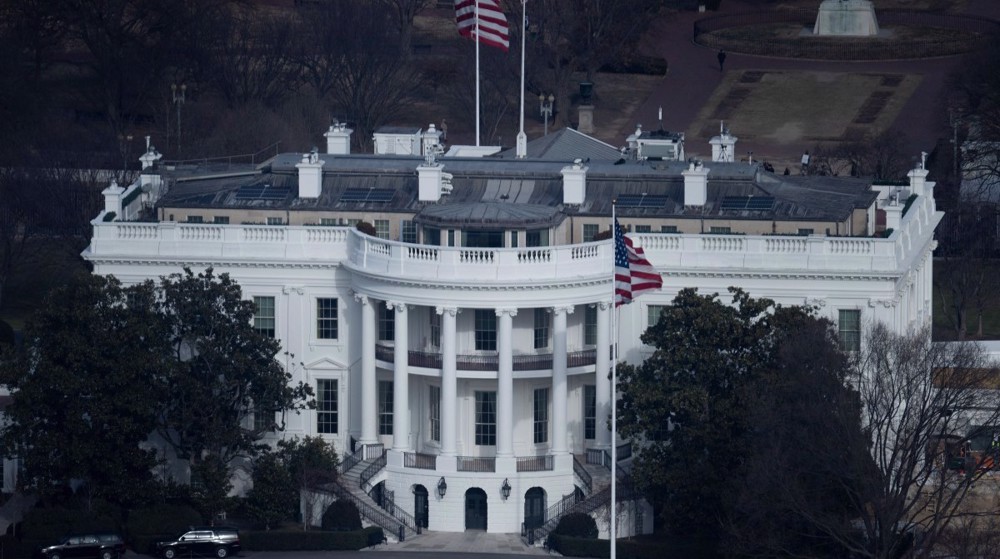

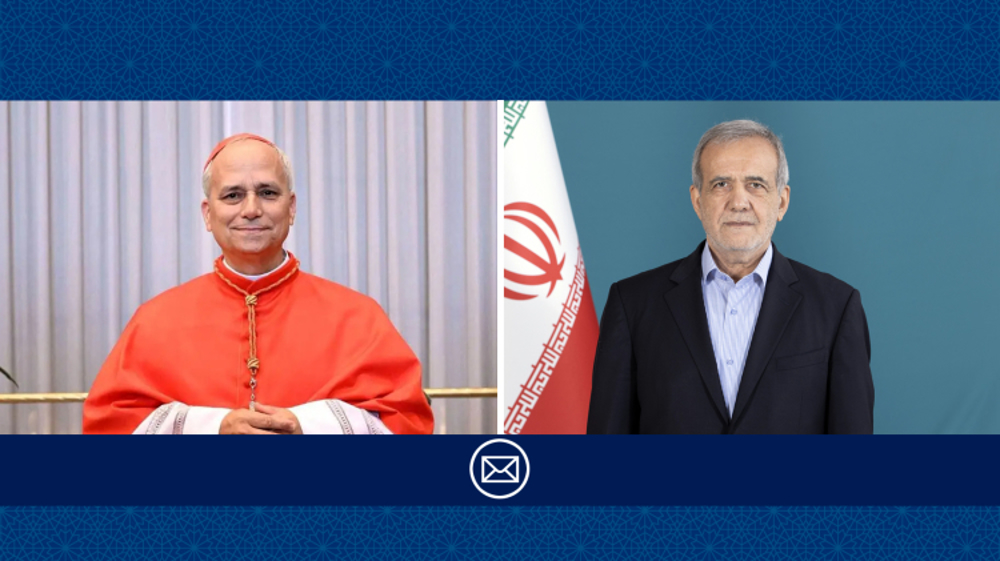




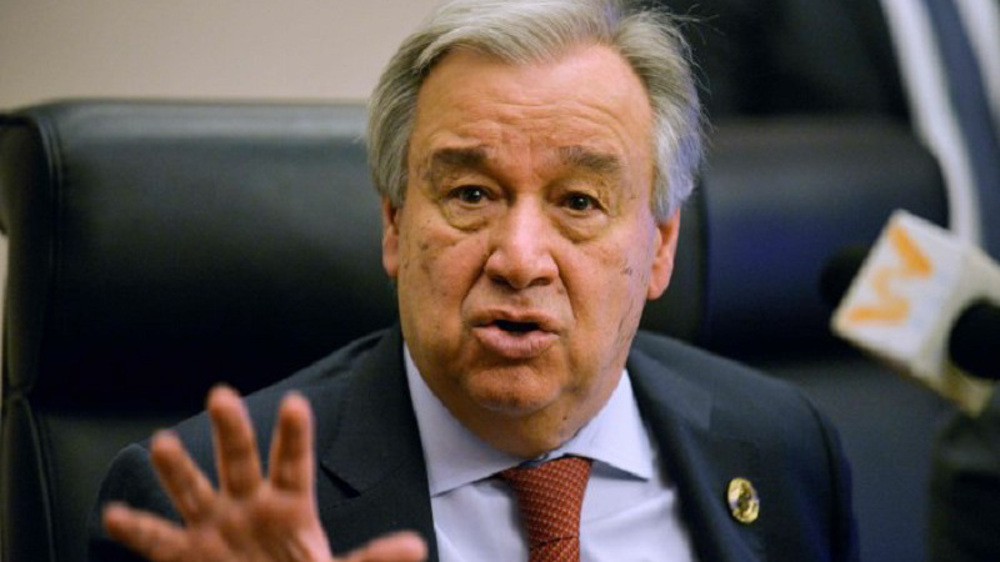
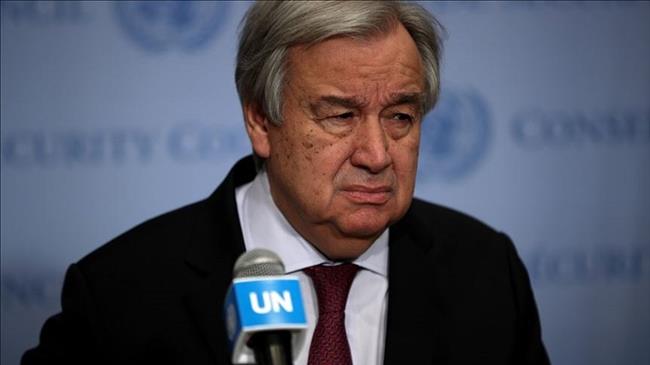
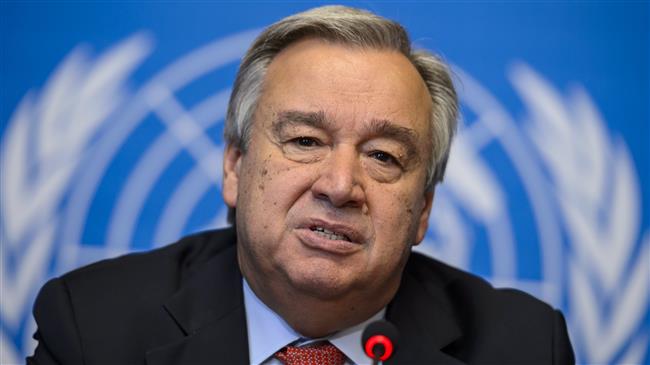

 This makes it easy to access the Press TV website
This makes it easy to access the Press TV website